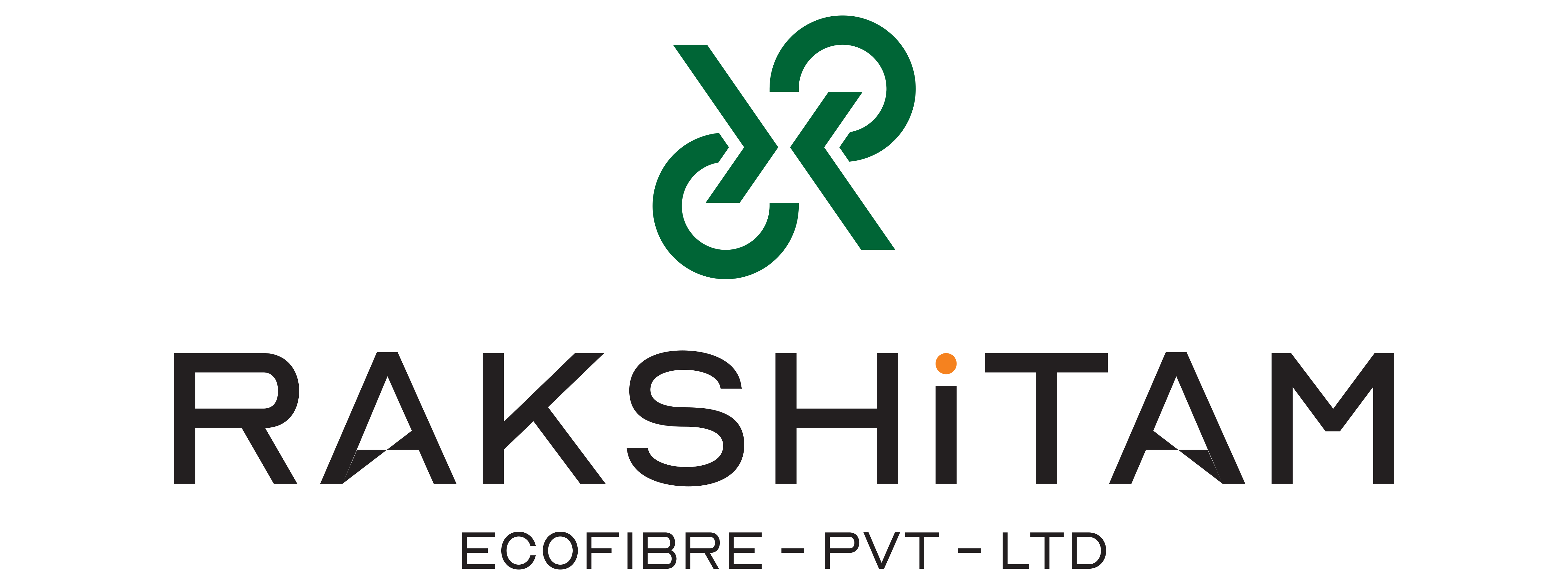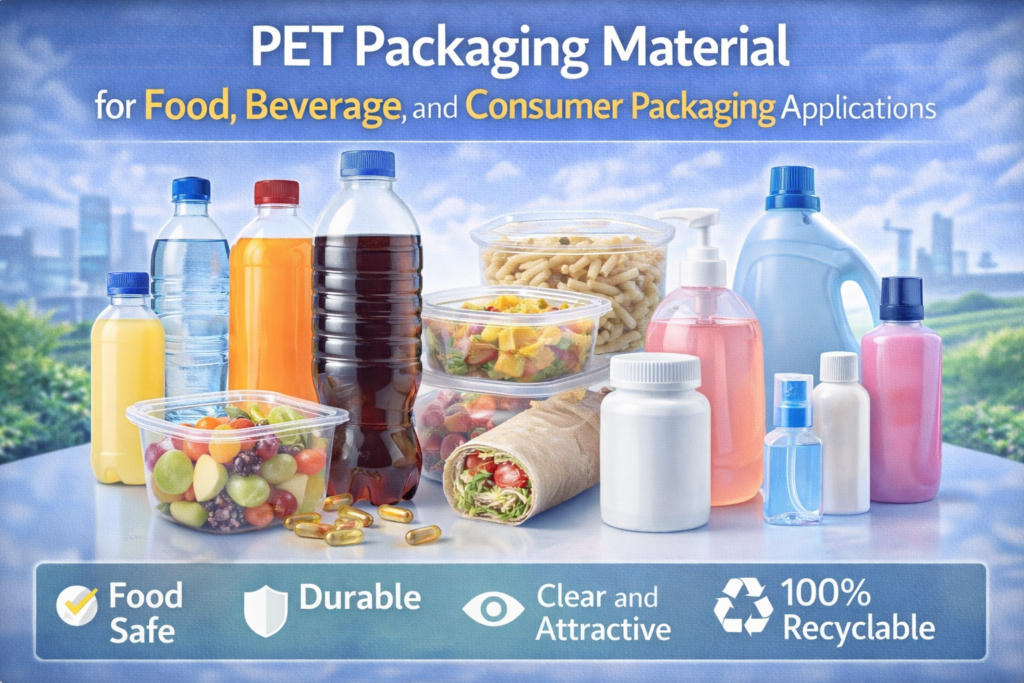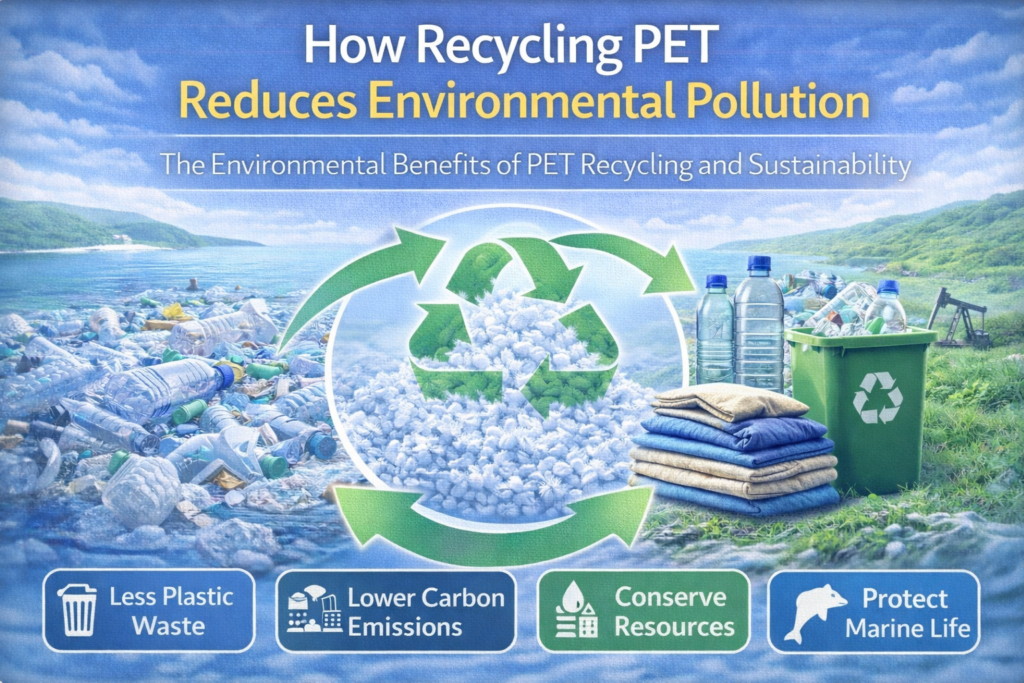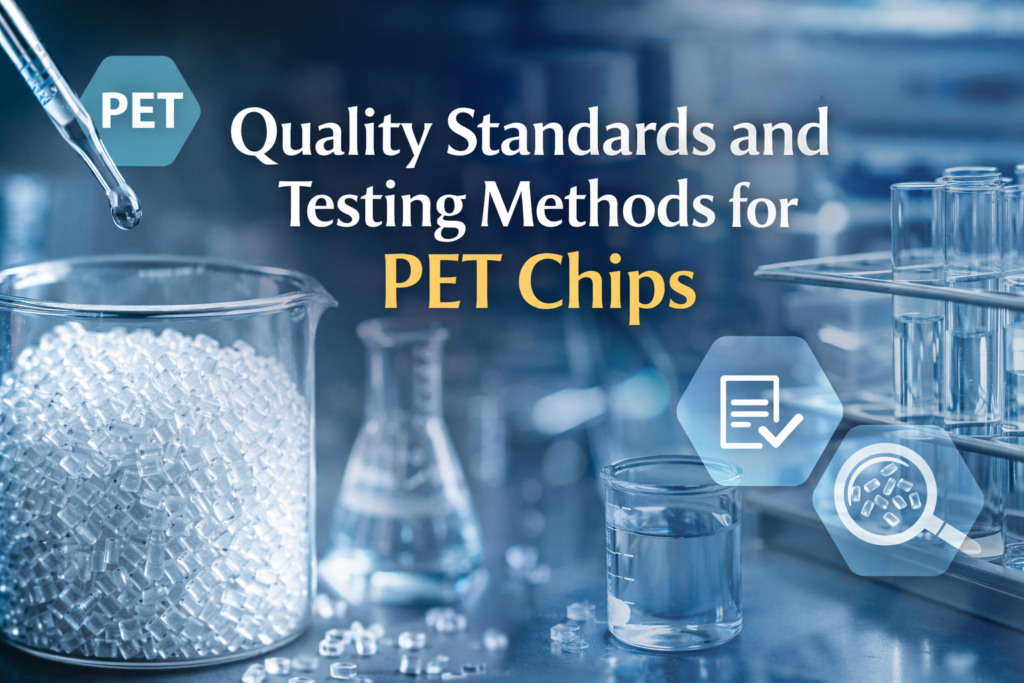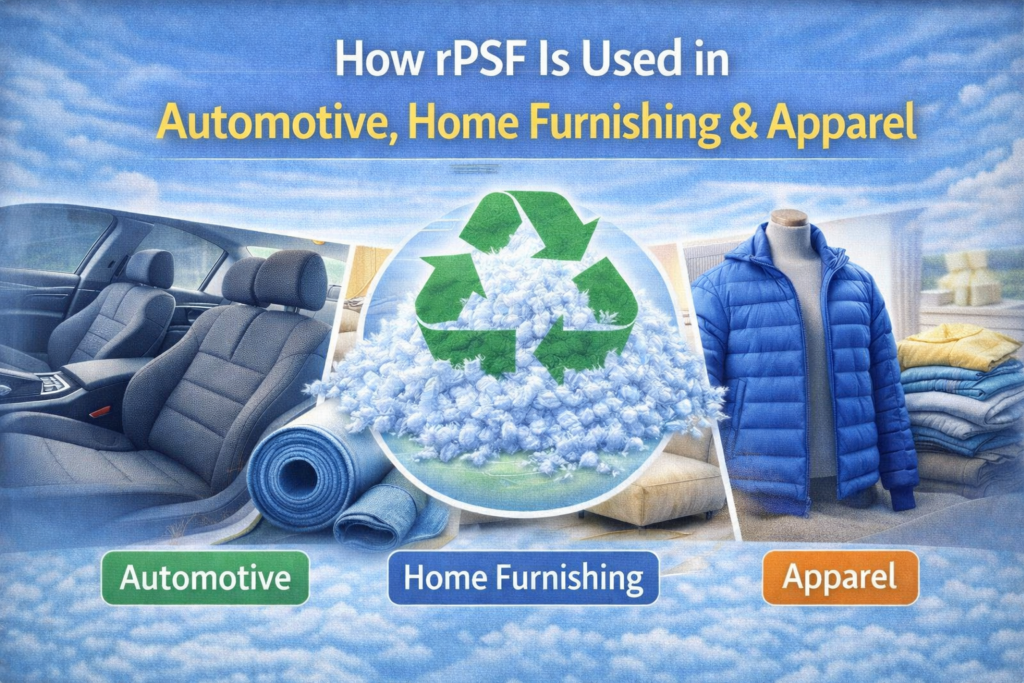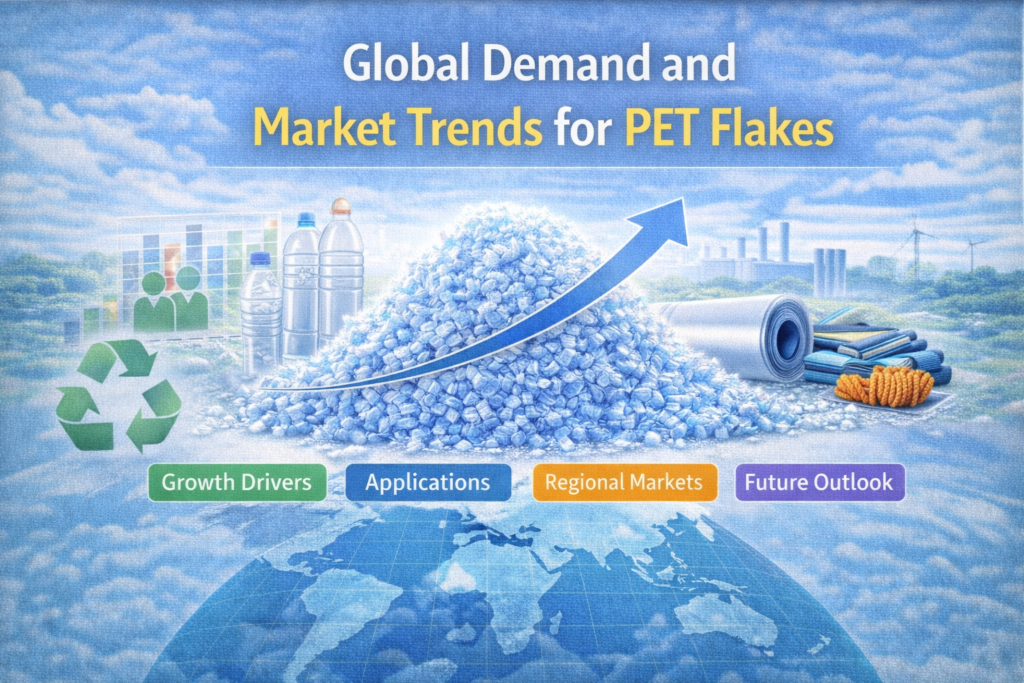There is a global shift across industries to use raw materials that are more effective, reliable, and cost-efficient. One emerging option that is gaining popularity is recycled polyethylene terephthalate (rPET) white flakes. The strength and reasonable price of these high-grade plastic flakes from recycling make them positive on the environment, thus suitable for various industrial applications.
In this blog, we will discuss the most important factors that make rPET white flakes the most preferred choice for industries looking to achieve an optimal balance between cost and performance.
What Are rPET White Flakes?
rPET white flakes come from post-consumer PET products, which are mostly clear plastic bottles. These bottles undergo a cleaning, sorting, and mechanical recycling process that yields a uniform, high-purity flake used in manufacturing.
White flakes, and unlike lower-grade or mixed-color rPET, have uniform quality which makes their appearance consistent, and therefore, high-value for many industrial processes.
1. Superior Strength for Industrial Uses
rPET white flakes are preferred by many industries because of their mechanical strength and thermal resistance. These features are essential for uses such as:
- Textile fibers like carpets and industrial fabrics.
- Plastic strapping is used in packaging and logistics.
- Containers and trays that are thermoformed.
- Parts and components for automobiles.
PET’s inherent strength ensures that rPET flakes continue to perform after recycling. They resist wear, impact, and temperature changes which is ideal in industrial settings.
2. Cost Savings Without Lowering Standards
rPET white flakes provide a substantial cost reduction when compared to virgin PET and other industrial-grade polymers. There are several benefits for manufacturers:
- Reduction in material costs while still ensuring product quality.
- Decreased energy cost when processing recycled materials as opposed to virgin materials.
- Greater availability of supply considering the growing recycling network.
Additionally, rPET use can help curb cited regulatory and environmental compliance costs which is becoming a common mandate in many industries due to sustainability goals.
3. Flexibility Across Various Industrial Uses
The versatility of rPET white flakes is another benefit. From automotive to construction, industries are adopting rPET in:
- Injection molding and extrusion
- Sheet and film production
- Fiber manufacturing
- Packaging for non-food products
The flakes can be processed with industrial equipment, which means incorporating them into existing production lines requires very few minimal adjustments.
4. Uniform Quality and Purity
New sorting and recycling technologies mean that rPET white flakes yield lower purity and high uniformity. Leading manufacturers guarantee:
- Minimal contamination
- Homogeneity of color and dimension
- Certifiable traceability
These attributes lead to lower defects, waste materials, and downtime during the manufacturing process.
5. Circular Economy Goals Support
In this post, I have discussed the cost and durability of rPET, but let us not forget its alignment with the support of circular economy principles. Businesses integrating rPET demonstrate a willingness to be:
- Proactive
- Conscious of waste
- Responsible
- Eco-friendly
All of these make a company’s green reputation stronger and help to meet the expectations of consumers and regulators.
Also Read: The Future is Fiber: How RPSF is Driving Innovation and Material Conservation
Conclusion
In the industrial landscape where cost-effectiveness and performance go hand in hand, rPET white flakes come out on top. Industrial manufacturers focusing on operational efficiency and dependability will find rPET white flakes durable, cost-effective, and versatile.
Investing in your supply chains by purchasing rPET white flakes means acquiring a product that meets today’s expectations while embracing the challenges of the future.
